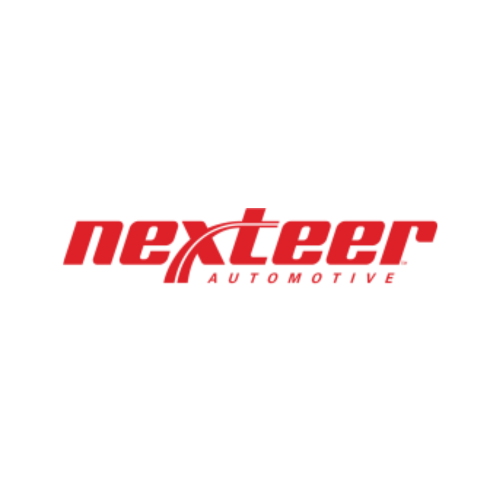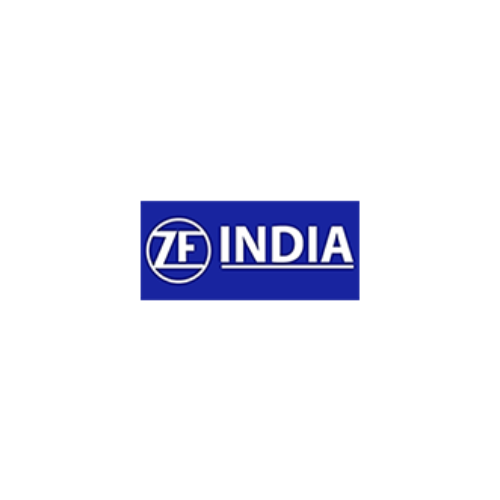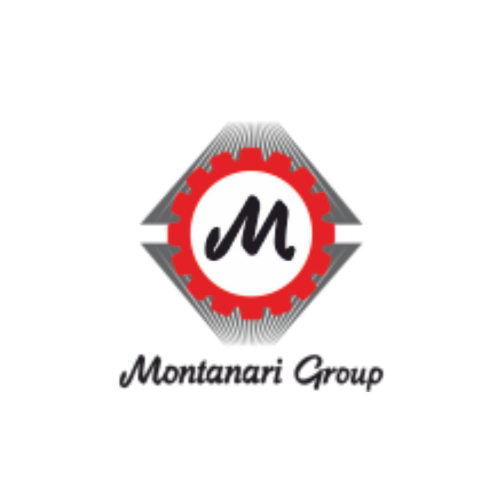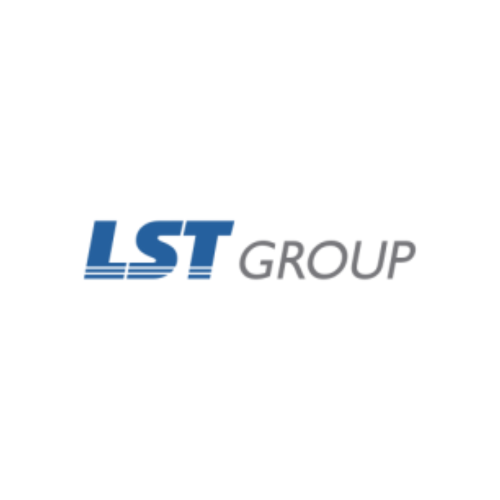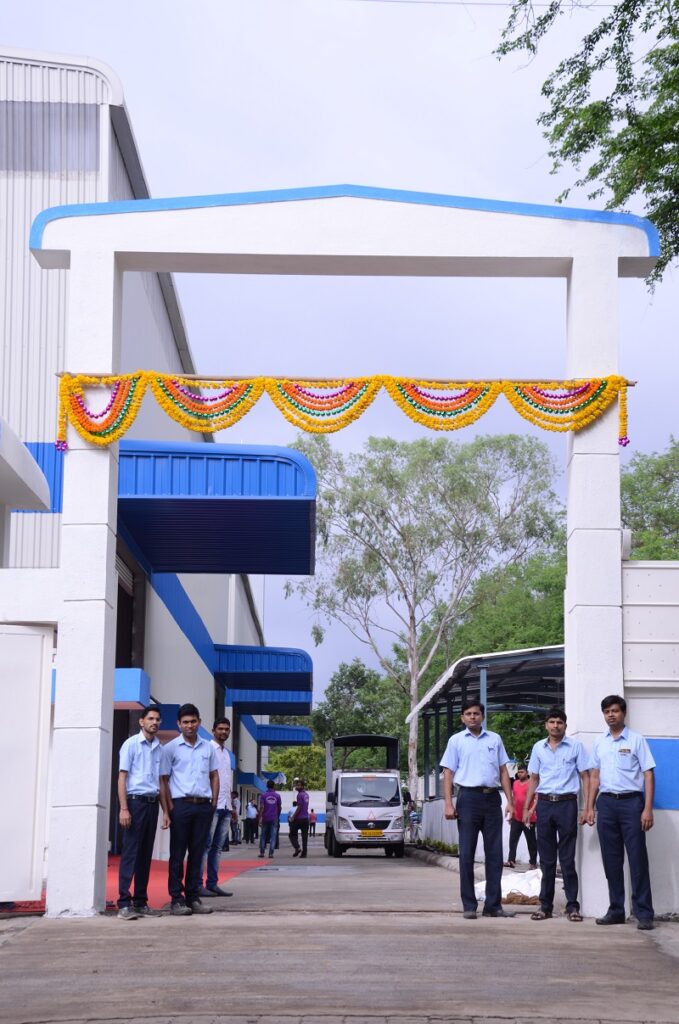- +91 75175-79179
- [email protected]
Hindustan Pressings Private Limited – Sheet Metal Components Manufacturer
Material Handling sheet metal components
Powering Material Handling Performance with Precision Sheet Metal Components
Overview
At HPPL India, we’re not just experts in metal sheet components; we’re your partners in advancing agriculture. We understand the intricate balance of strength, precision, and efficiency that defines your agricultural equipment. That’s why every metal sheet component we create is designed to embody agricultural excellence.
But HPPL India is more than just a manufacturer; it’s about teamwork. We’re your trusted collaborators, working closely with you from the initial idea to the final production phase. Our team of skilled engineers and technicians are here to help bring your agricultural vision to life, paying close attention to every detail.
HPPL India is your one-stop destination for all your agricultural sheet metal needs. We offer a wide range of services, including laser cutting, CNC bending, welding, and surface finishing. We’re here to solve your complex design challenges, provide a reliable source for large-scale production, and be your agile partner for quick prototyping.
So, let HPPL India be the driving force behind your agricultural goals. We’re the foundation of your machinery, the strength that fuels your productivity, and the trusted partner who guides you from concept to success. Get in touch with us today and experience the HPPL India difference in shaping the future of agriculture.
Material Handling sheet metal components
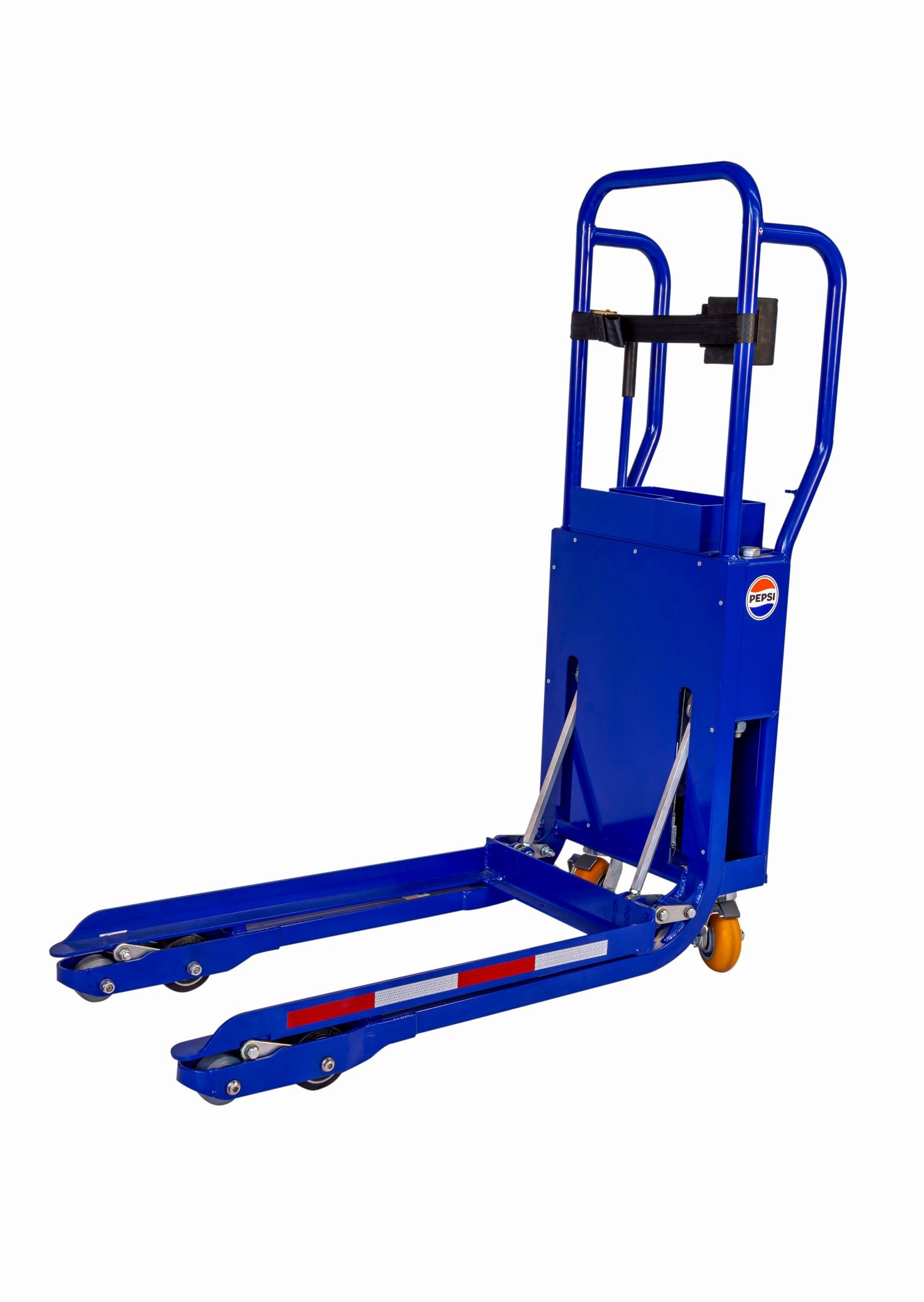
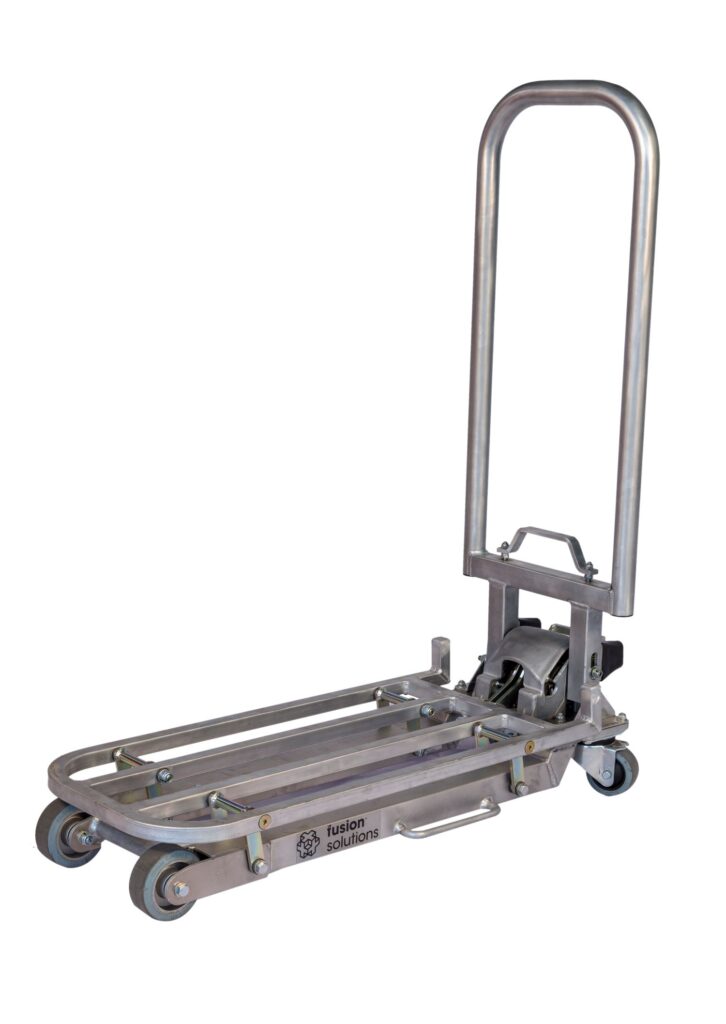
No Images Found!
Utilities
Tillage & Cultivation Equipments
Planting & Seeding Equipments
Harvesting & Processing Components
Irrigation & Climate Control Equipments
Livestock & Animal Husbandry
Tractor and equipment enclosures
Sectors / Industries
Agriculture Sheet Metal Components Manufacturing
At HPPL India, we use lasers and presses to expertly shape steel into the intricate sheet metal components that are essential for various agriculture equipment, including Tillage & Cultivation Equipments, Planting & Seeding Equipments, Harvesting & Processing Components. Our precision and dedication in crafting components that form the foundation of agricultural excellence.
Stamping is a manufacturing process used to shape metal sheets into specific designs through the application of pressure. The process involves placing a flat metal sheet, known as a blank, into a stamping press, where it is shaped by a die. The die and press work together to cut, bend, or form the metal into the desired shape, producing parts with precise dimensions. Stamping is commonly used in industries such as automotive, aerospace, and electronics to produce components like panels, brackets, and connectors, offering high-speed production and consistent quality for mass manufacturing.
Laser cutting is a precise manufacturing process that uses a high-powered laser beam to cut, shape, or engrave materials, typically metal sheets. The laser focuses intense light on a small area, heating and melting the material to create clean, accurate cuts with minimal waste. This process is controlled by a computer, allowing for complex designs and intricate details. Laser cutting is widely used in industries like automotive, aerospace, and electronics for producing components such as brackets, enclosures, and decorative parts. Its advantages include high precision, speed, and the ability to cut a variety of materials and thicknesses.
CNC bending is a manufacturing process that involves using a Computer Numerical Control (CNC) machine to bend metal sheets into specific angles and shapes. The process uses a press brake equipped with a CNC controller, which precisely positions the metal sheet and controls the bending force. By programming the CNC machine, complex bends and consistent, repeatable results can be achieved with high accuracy. CNC bending is commonly used in industries like automotive, aerospace, and construction to create parts such as brackets, enclosures, and structural components. Its advantages include precision, flexibility, and the ability to handle various materials and thicknesses.
MIG (Metal Inert Gas) and TIG (Tungsten Inert Gas) are two common welding processes used to join metals.
MIG welding involves feeding a continuous wire electrode through a welding gun, which melts and joins the metals. The process uses an inert gas, usually argon or a mix of gases, to protect the weld from contamination. MIG welding is known for its speed and ease of use, making it ideal for thicker materials and large-scale production.
TIG welding uses a non-consumable tungsten electrode to create the weld. The process also uses an inert gas, typically argon, for protection. TIG welding offers greater precision and control, making it suitable for thinner materials and applications requiring high-quality welds, such as in aerospace and automotive industries.
A Coordinate Measuring Machine (CMM) is a precision device used in manufacturing and engineering to measure the physical dimensions of objects with high accuracy. It uses a probe to detect the exact coordinates of points on the object’s surface, which can then be used to determine its geometry, dimensions, and alignment. CMMs can be manual or automated and are controlled through software that allows for detailed analysis and quality control. They are commonly used for inspecting complex parts in industries like aerospace, automotive, and tooling, ensuring that components meet precise specifications and tolerances.
Robotic welding is an automated welding process where robots are used to perform welding tasks. These robots are equipped with welding tools, such as MIG, TIG, or spot welders, and are programmed to execute precise, repetitive welds on a production line. The use of robotics in welding enhances productivity, consistency, and quality by reducing human error and increasing the speed of production. Robotic welding is particularly valuable in industries like automotive and heavy manufacturing, where large volumes of identical parts need to be welded with high precision. It also improves safety by keeping workers away from hazardous welding environments.
Tooling in the sheet metal industry refers to the specialized equipment and devices used to shape, cut, form, and assemble metal sheets into specific parts or products. This includes tools like dies, punches, molds, and fixtures that are designed for processes such as stamping, bending, punching, and welding. Proper tooling is essential for achieving precise dimensions, maintaining product quality, and ensuring efficient production. In the sheet metal industry, tooling must be carefully designed and maintained to handle the specific material properties and thicknesses, allowing for consistent and repeatable manufacturing of components in industries like automotive, aerospace, and electronics.
99%
Quality
Quality/accuracy accepted in the industry
99%
Capacity
Machine/Plant capacity considered in industry.
99%
Time Efficiency
How HPPL is more time efficient.
99%
Cost Efficiency
How HPPL is cost-efficient
Why Choose HPPL...
For Material Handling sheet metal components manufacturing
HPPL delivers precision-engineered material handling sheet metal components, offering exceptional quality, reliability, and customized solutions to enhance the efficiency and longevity of your operations.
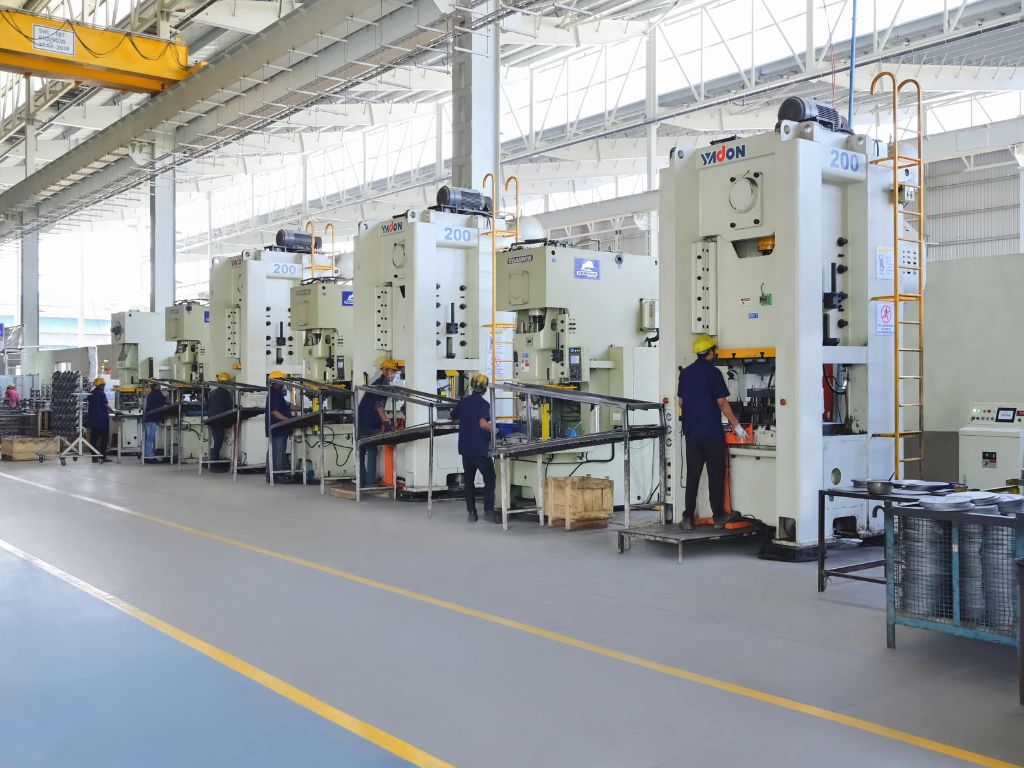
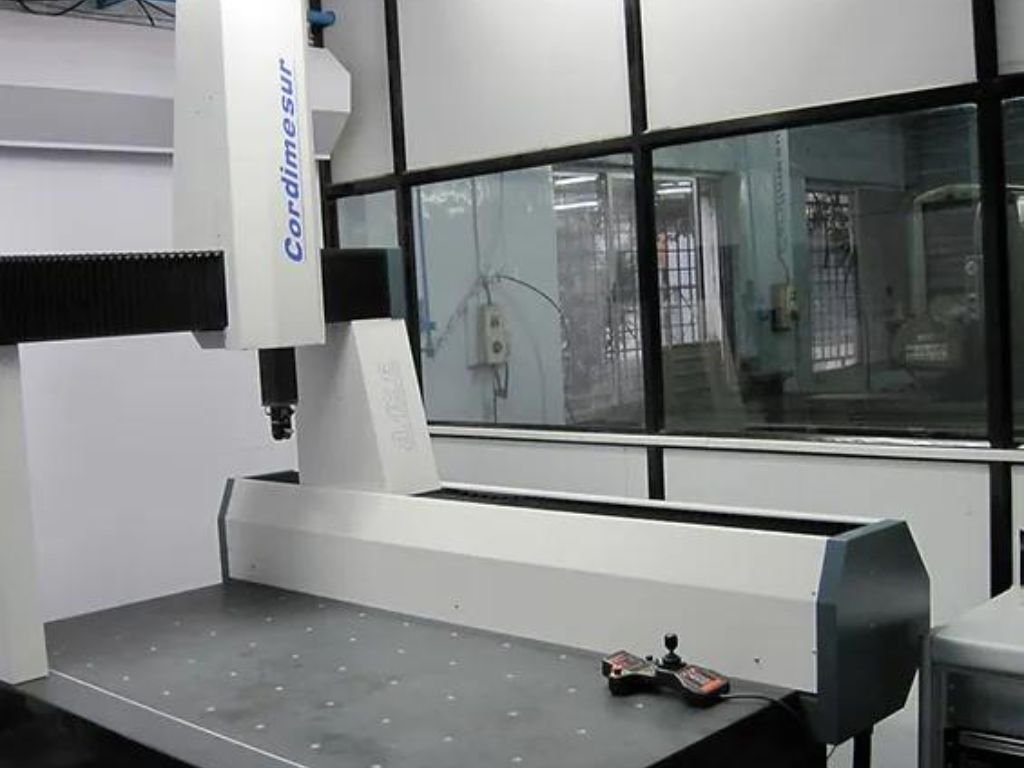
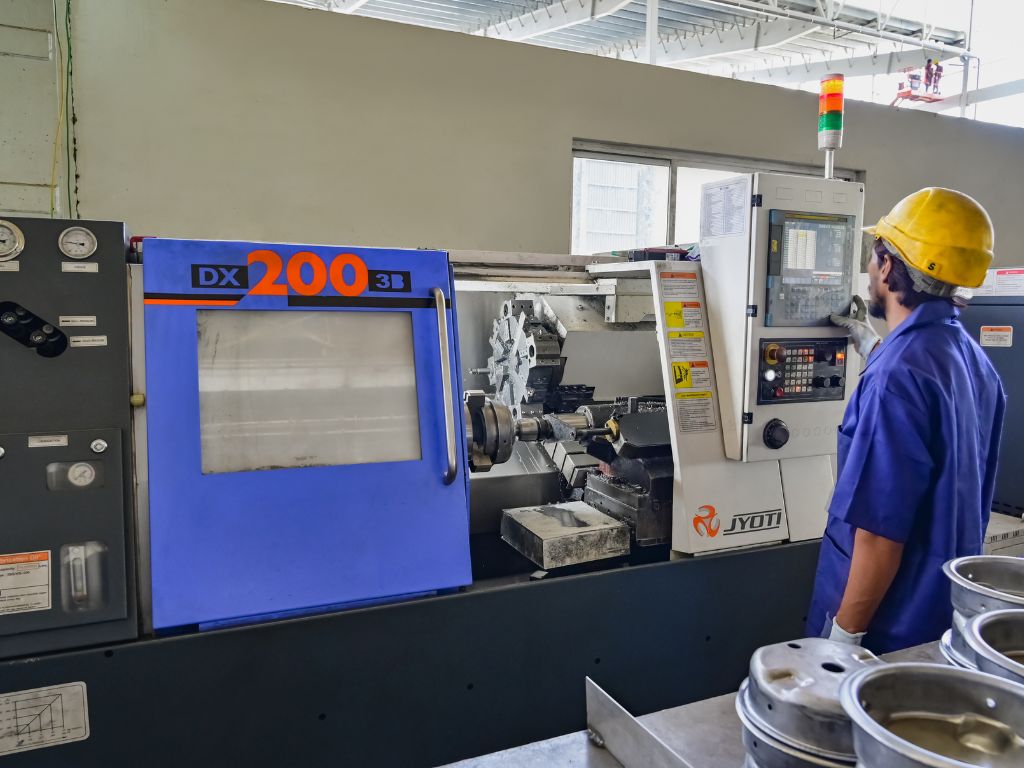
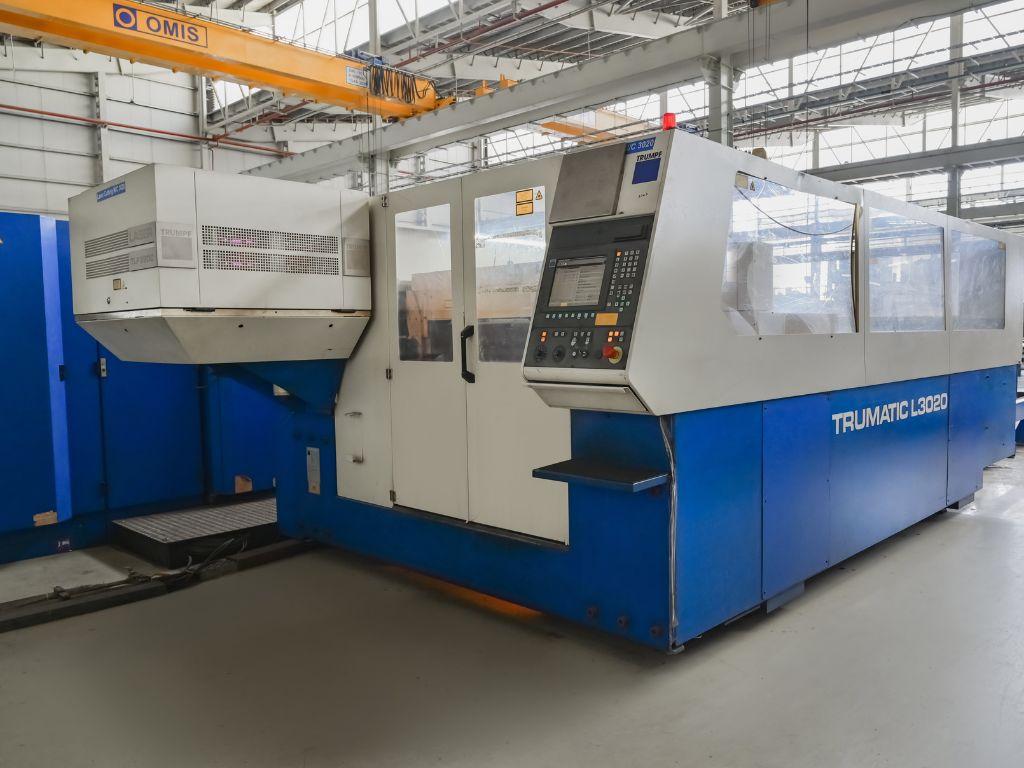
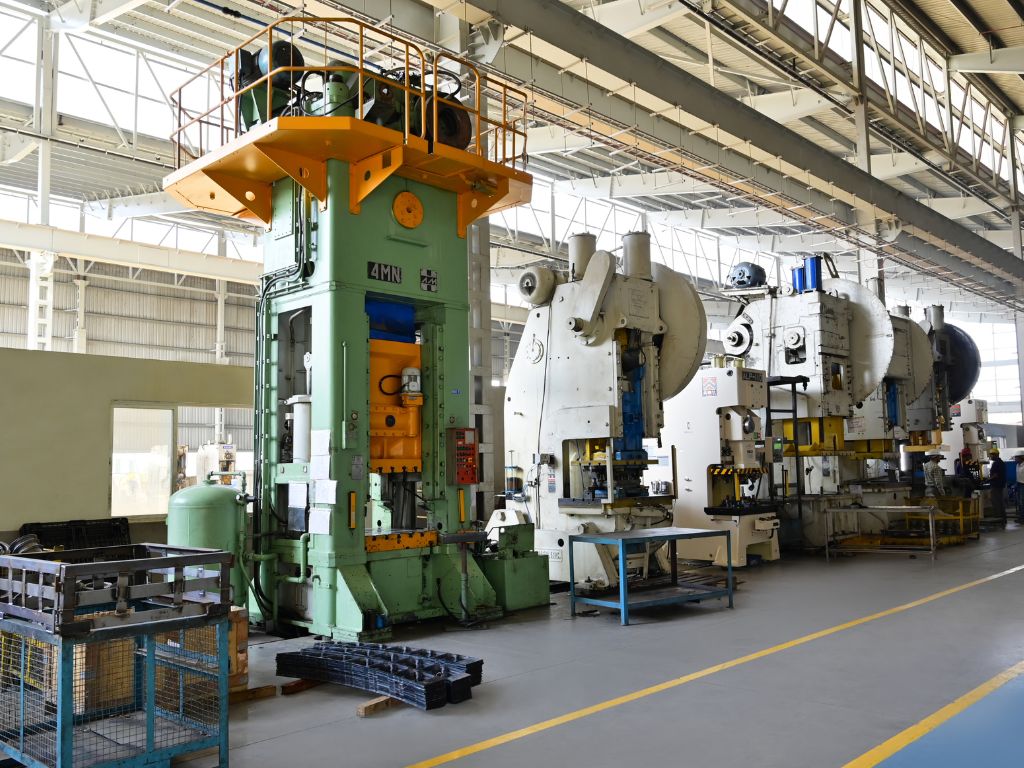
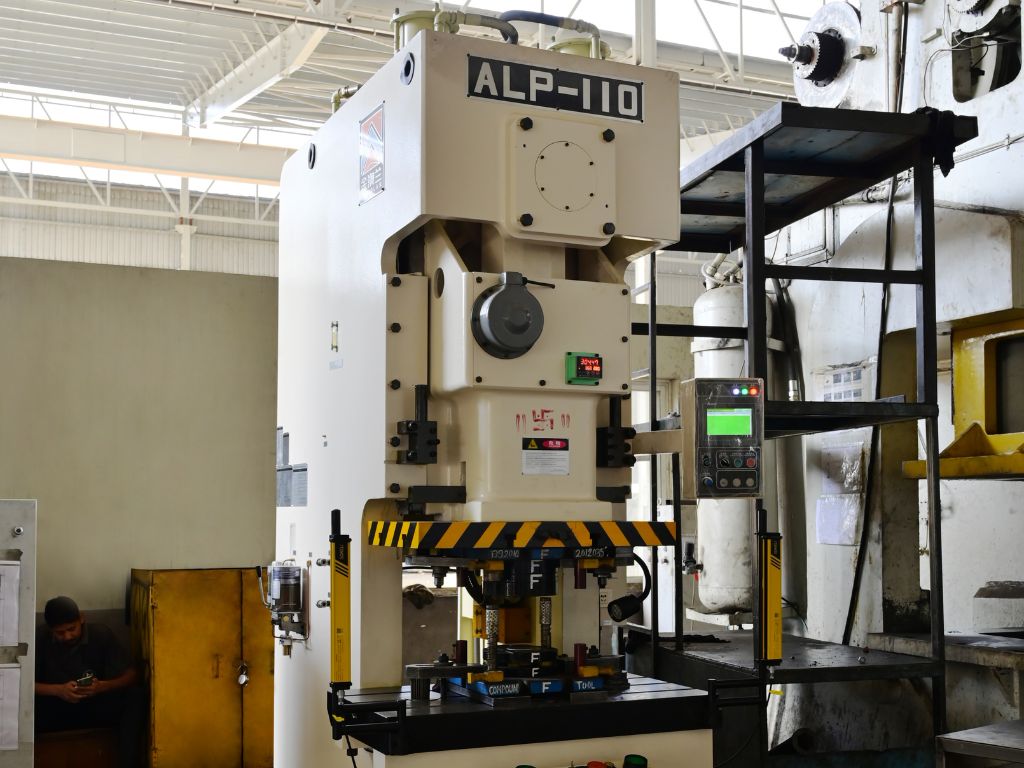
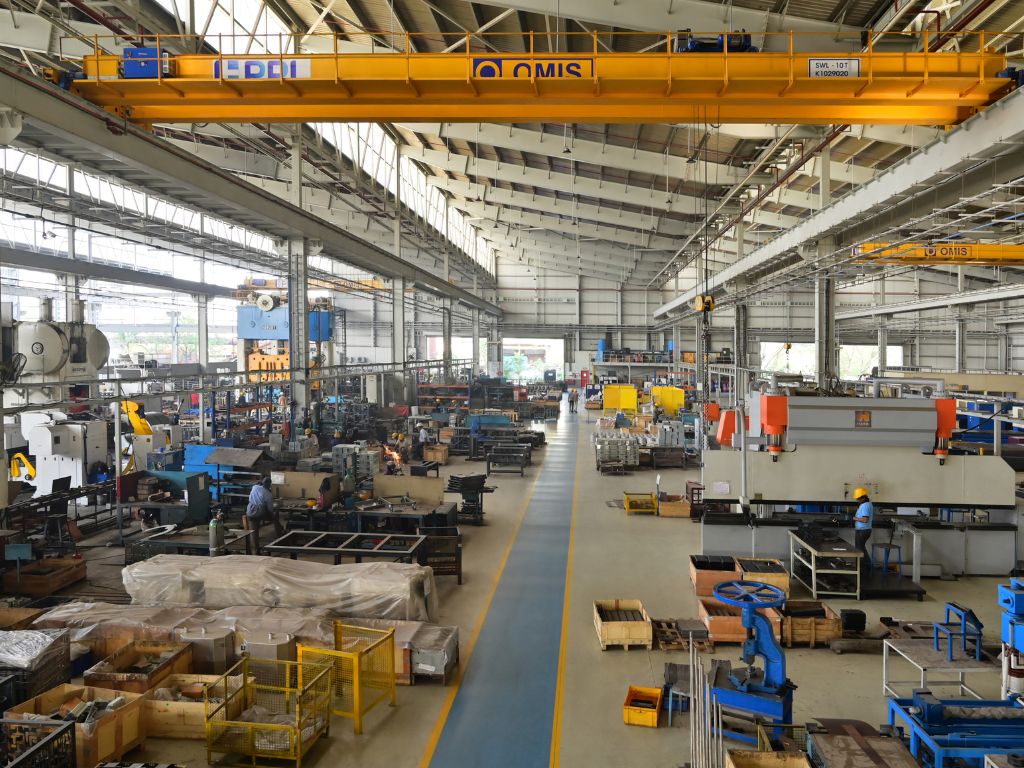
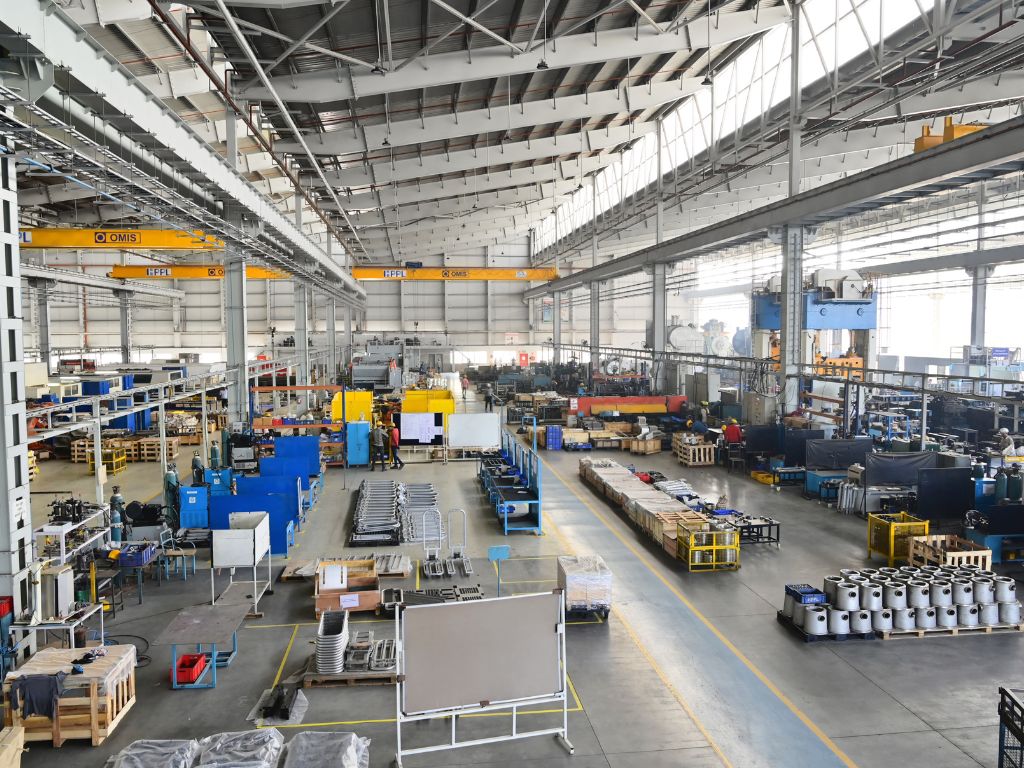
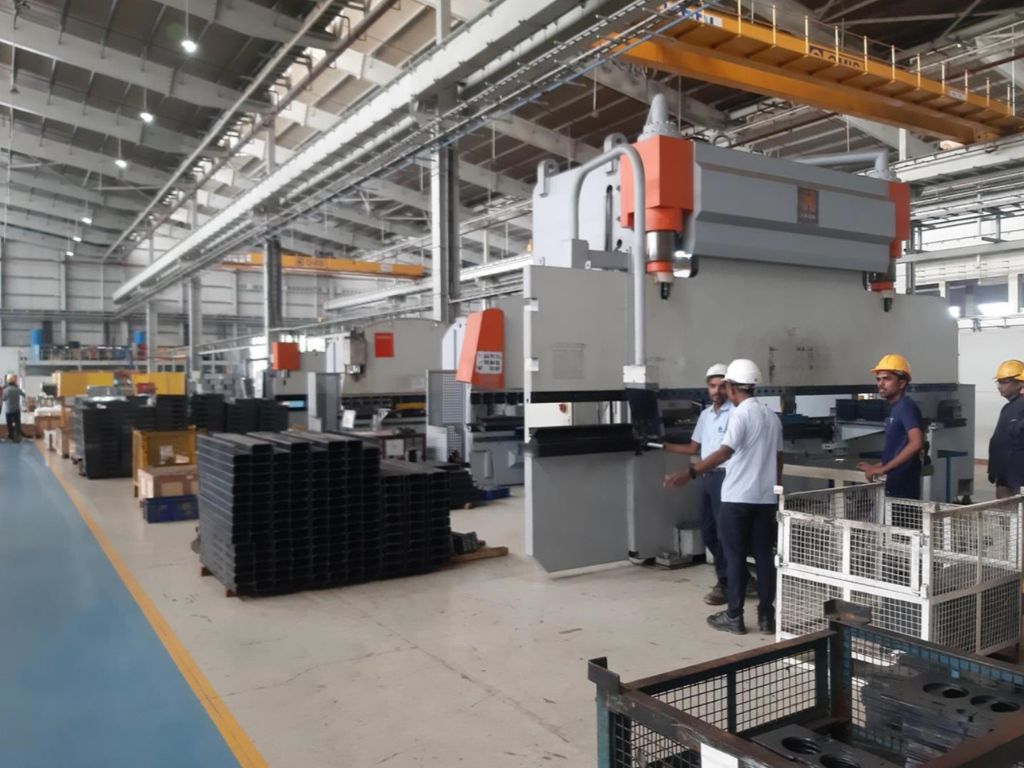
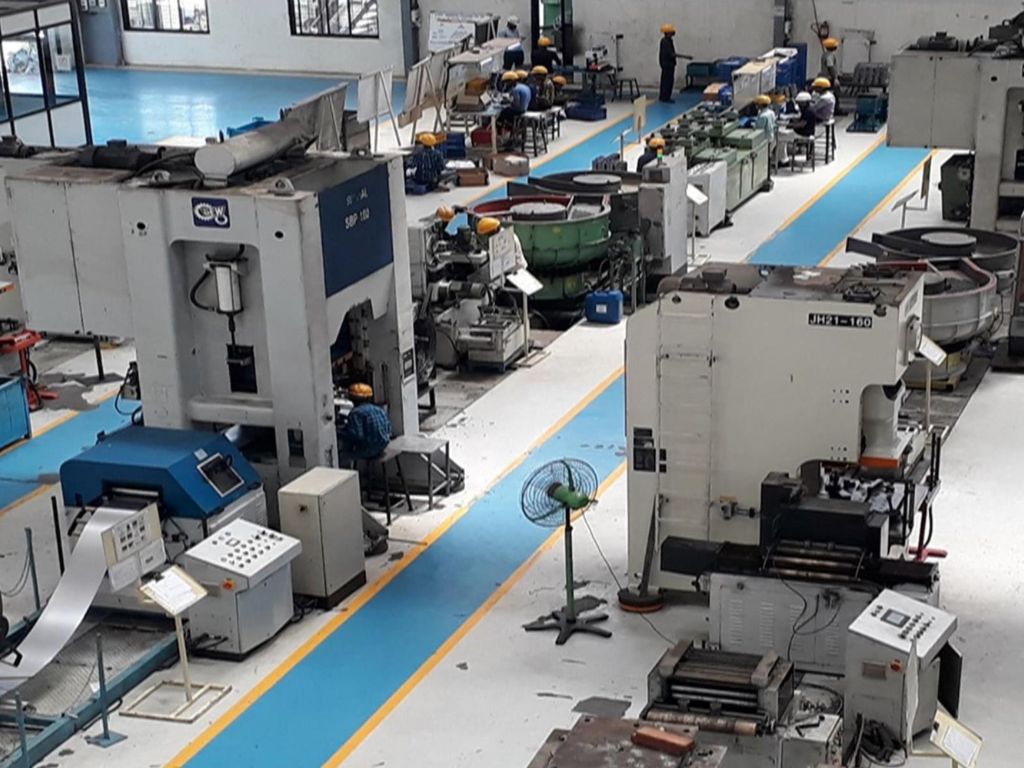
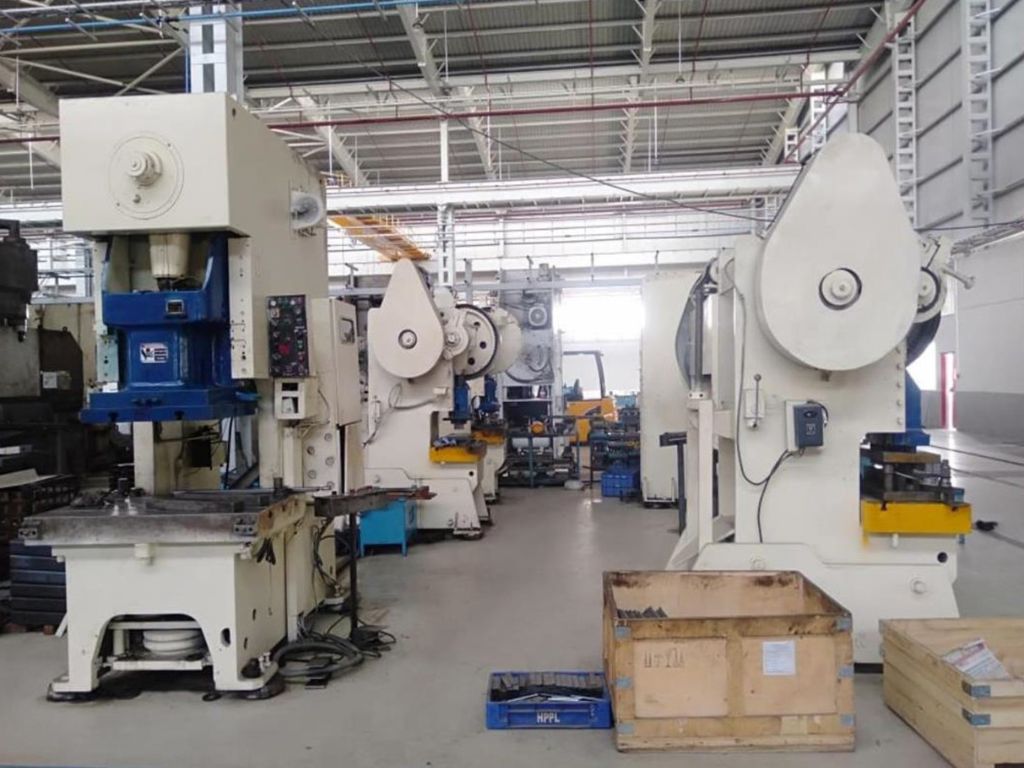
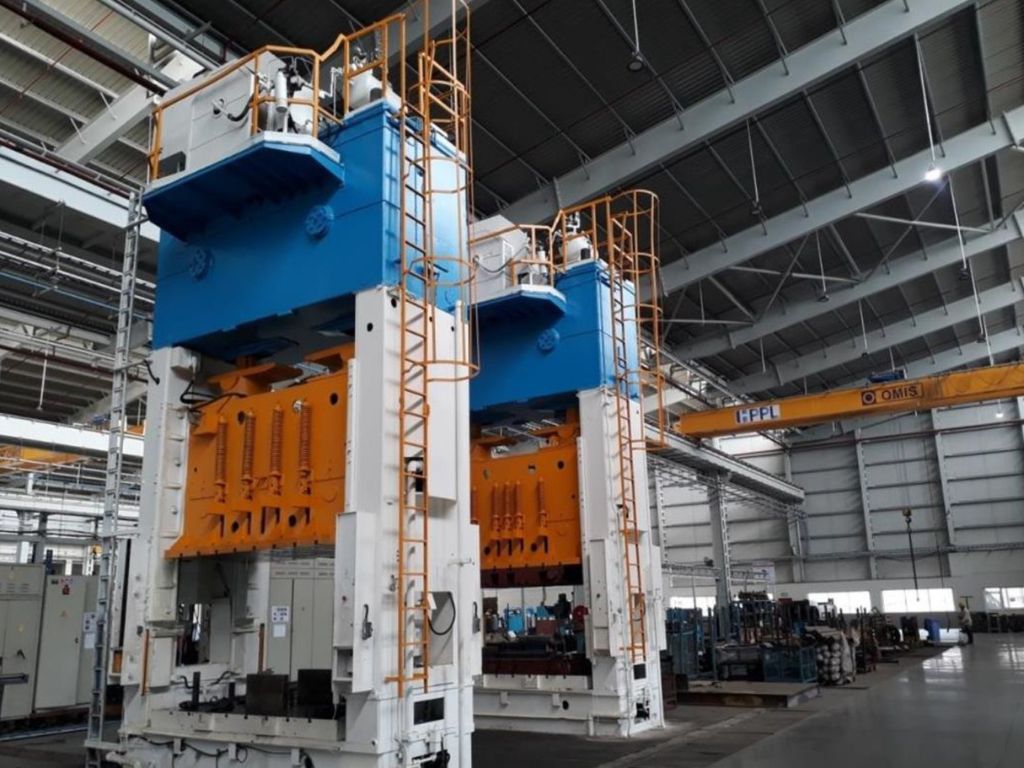
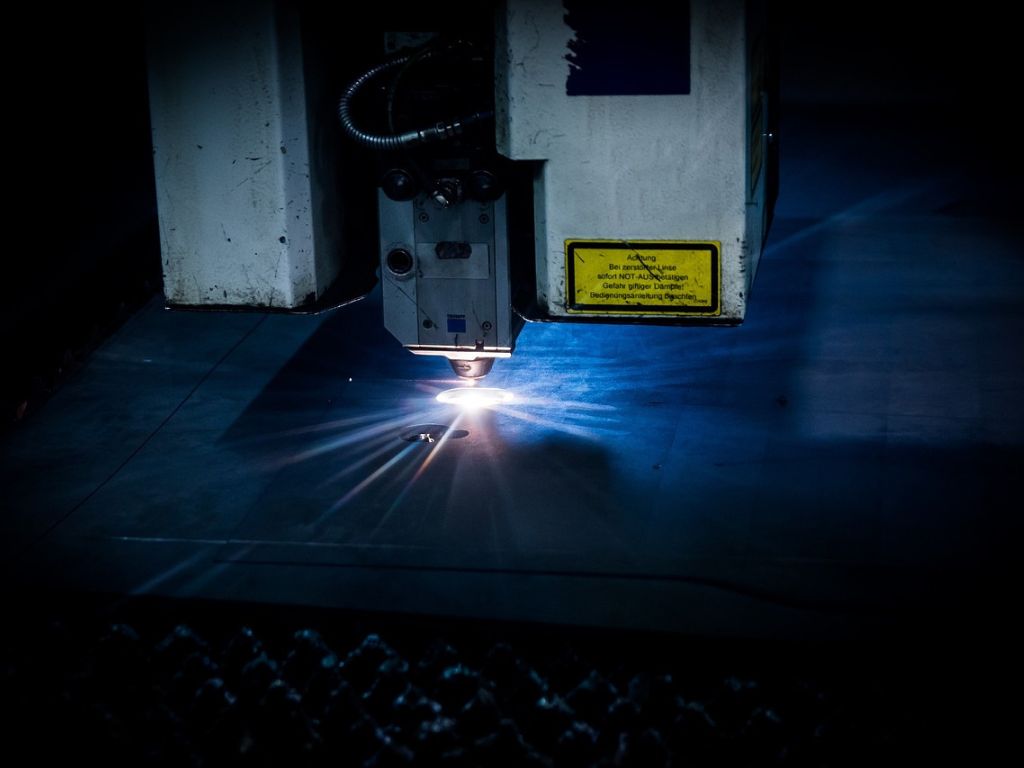
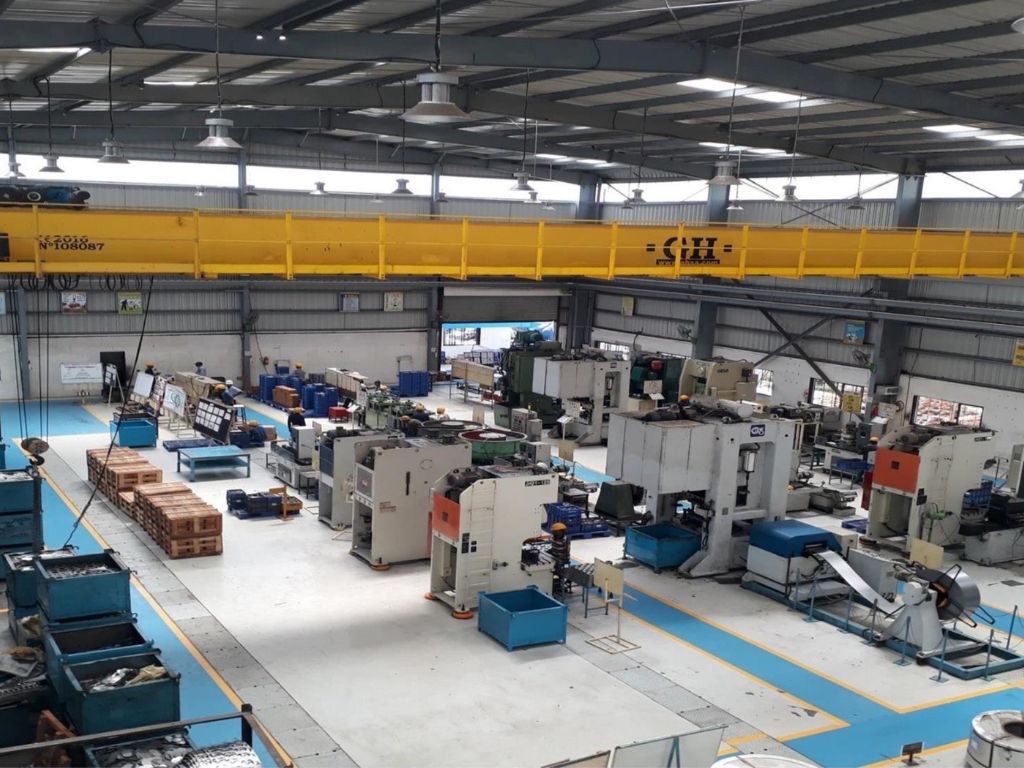
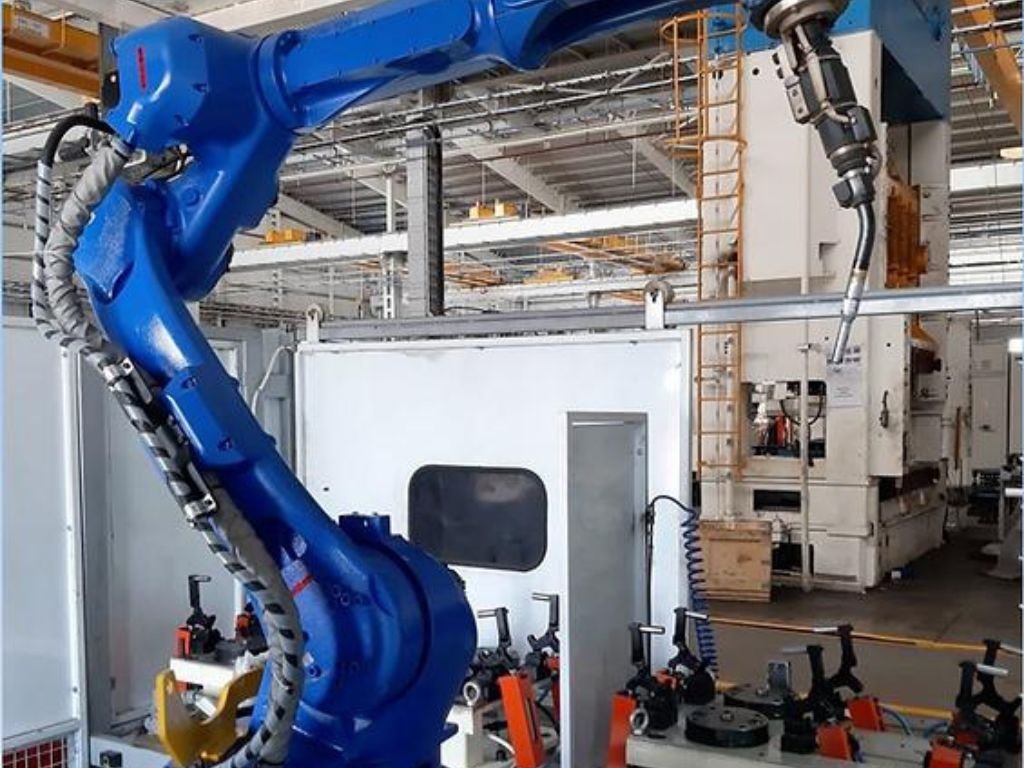
We utilize a wide range of high-grade sheet metals to suit diverse agricultural needs, including mild steel, stainless steel, aluminum, and galvanized steel.
Absolutely! We excel in collaborating with clients to design and manufacture custom components that perfectly match their unique requirements and equipment specifications.
.
We adhere to strict quality control standards throughout the entire manufacturing process, utilizing advanced techniques like CMM inspections to ensure every component meets your exact specifications and delivers optimal performance.
Our turnaround times vary depending on the complexity of the order and your specific needs. We strive to provide competitive lead times while maintaining the highest quality standards.
Yes, we are committed to sustainability and utilize eco-friendly practices whenever possible, including minimizing waste, recycling materials, and using energy-efficient technologies.
We utilize different welding processes like MIG, TIG, and spot welding, depending on the material, thickness, and desired strength of the joint.
We offer several competitive advantages, including:
- Extensive experience in the agriculture industry
- High-quality materials and workmanship
- Competitive pricing
- Fast lead times
- Customizable solutions
- Excellent customer service
Cultivating Progress
Our Clients
Visionaries Redefining Agricultural Frontiers
